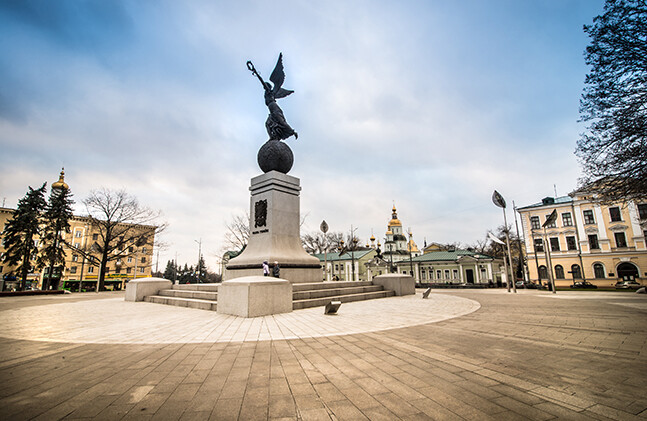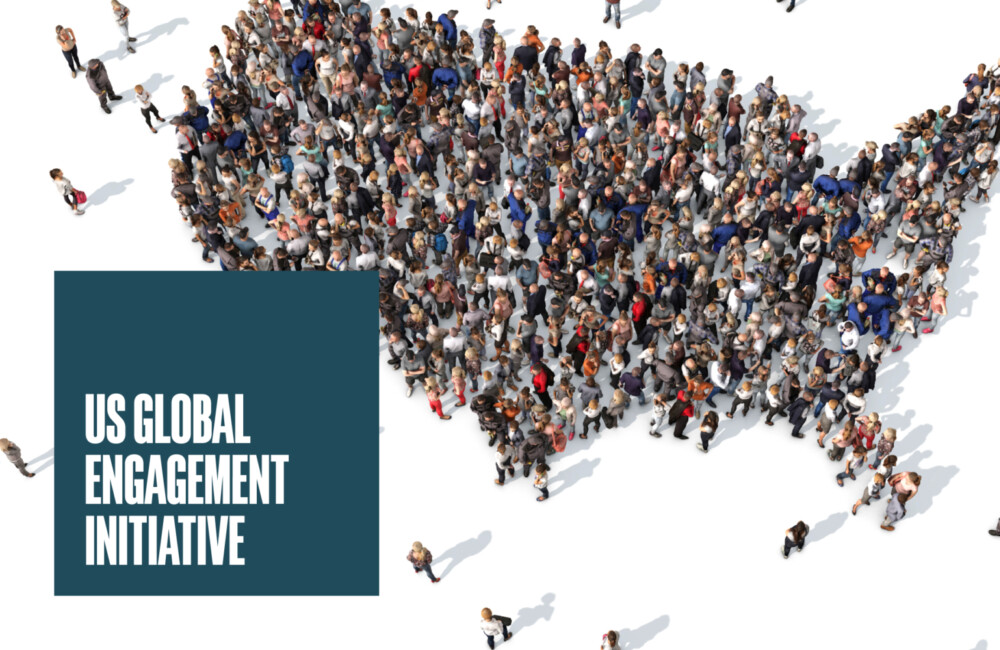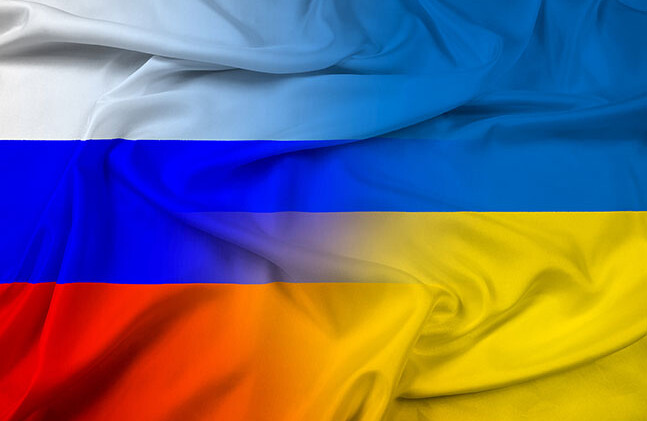Framing ethical perspectives
Multilateralism refers to a group of nations working together for a common goal. It is at the heart of international relations as nation-states form alliances with like-minded countries to take on global issues, such as climate, emerging technology, inequality, and collective security. Carnegie Council sees multilateralism as essential to generating solutions to global problems and a critical component of an ethical present and future.
Featured Multilateralism Resources
Inclusivity, AI & climate governance, and more
FEB 27, 2024 • Video
A Carnegie Council Conversation with the UK Home Secretary
MAR 28, 2024 • Video
Unlocking Cooperation: The Global South and Global North
In the inaugural panel of the "Unlocking Cooperation" series, Ramu Damodaran leads a discussion on forging a path forward for Global South/North collaboration.
OCT 18, 2023 • Video
Unlocking Cooperation: A Global Ethics Day Special Event
In this keynote event for Global Ethics Day 2023, Carnegie Council President Joel Rosenthal led a conversation on the psychology behind cooperation; ways that states, institutions, ...
Subscribe to the Carnegie Ethics Newsletter for more on ethics and international affairs
Related Initiatives
Model International Mobility Convention
The primary goal of the Model International Mobility Convention (MIMC) is to formulate new rules for migration and asylum that can benefit both migrants and refugees as well as their states of origin, transit, and destination.
Carnegie Ethics Accelerator
The Carnegie Ethics Accelerator is a new kind of incubator designed to empower ethics in the face of swiftly evolving challenges in technology and public policies.
Explore Our Multilateralism Resources

APR 23, 2014 • Podcast
Report from Ukraine: The Crisis Moves East
David Speedie discusses with Dr. Nicolai Petro, currently a Fulbright Fellow in Odessa, the recent outbreaks of violence in pro-Russia majority regions of Eastern Ukraine, ...

APR 23, 2014 • Podcast
Taiwan's Student Sunflower Movement: Interview with Two of its Leaders
In an unprecedented event this Spring, the Sunflower Student Movement occupied Taiwan's Legislative Yuan for over three weeks. The students finally withdrew after the government ...

APR 17, 2014 • Article
Jingo Unchained: What World War I Wrought
When we think about the centenary of World War I in 2014, we should consider first and foremost what it has meant for the life of ...

APR 16, 2014 • Article
Dance of the Furies: Michael Neiberg on Europe and the Outbreak of World War I
"It is impossible for me to see how a Second World War, a Holocaust, a Cold War, a globally-engaged United States, and decolonization could happen ...

APR 16, 2014 • Podcast
Iran and Nuclear Proliferation: Update with Joseph Cirincione
Joseph Cirincione, president of the Ploughshares Fund, discusses the status and prospects for the ongoing P5+1 talks in Vienna on Iran's nuclear program, and the ...

APR 14, 2014 • Podcast
Asia's Cauldron: The South China Sea and the End of a Stable Pacific
No wonder the South China Sea is important to China, says Robert Kaplan. It's the Mediterranean of Asia, the center of international commerce, including energy ...

APR 11, 2014 • Podcast
An Update from Ukraine
From Odessa, political scientist Dr. Nicolai Petro discusses the unrest in the eastern Donbas region and possibilities for a diplomatic resolution of the Ukraine crisis.

APR 4, 2014 • Podcast
Iran's Nuclear Program: Status and Prospects for the P5+1 Negotiations
Discussions among the Iran and the P5 countries and Germany on the Iranian nuclear energy program are ongoing in Vienna. William O. Beeman, professor and ...

APR 2, 2014 • Podcast
"Watchers of the Sky": Film Screening & Conversation with Luis Moreno-Ocampo
What are the challenges facing the International Criminal Court? How can it be more effective? Former ICC prosecutor Moreno-Ocampo explains.

MAR 24, 2014 • Podcast
Crisis in Ukraine: Ukraine and Russia Beyond Crimean Secession
Professor Nicolai Petro, currently in Odessa, Ukraine, discusses recent developments, including the secessionist vote in the Crimean peninsula and the subsequent annexation by Russia, outcomes ...




